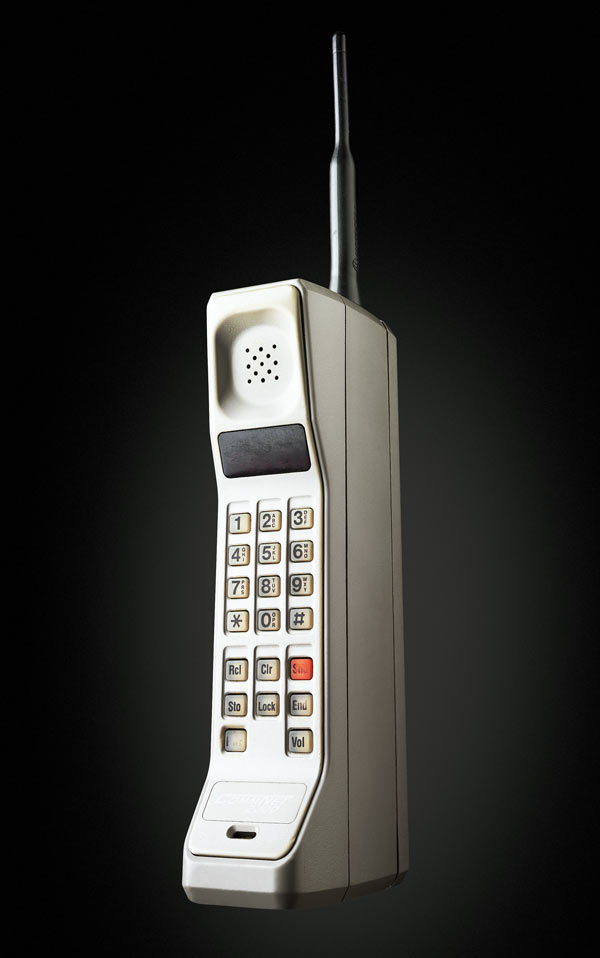If you missed it, this post originally ran on The Writer’s Coin. We contemporized it for August.
When is it OK not to pay a bill? (If you’re the Hawai’i state government, “Whenever it suits you.”)
Your humble poster automates whatever finances he can, setting and then forgetting the cable bill, the phone bill, the car payment etc. This frees up time our ancestors would have spent reconciling statements and hoping that the payments would post once the checks had cleared.
A few weeks ago I received an email from…well, a company whose parent is based out of Cleveland and grosses $2 billion annually*. I patronize this company only sporadically, but they make you buy an annual membership. Like a moron, I ignored the email’s unambiguous message that said my account would auto-renew within a week.
A week later, another email. From PayPal, saying my account had been debited.
(Aside: What’s more nerve-wracking than an email from PayPal? For me it usually means I spent money for some legitimate purpose sometime in the previous month, couldn’t recall what I bought and am only remembering it now.)
I’d automatically re-upped with the Cleveland company and was now on the hook for another 363 days. The price of the membership is nominal, but I shouldn’t spend money on something I can’t justify.
I called and spoke with an Interactive Voice Responder. “So you wish to cancel your membership? Please say ‘cancel.’ Thank you.” She confirmed my cancellation, but I still had to plead my case to a human to get the charges reversed.
Once I got a real person on the line, I got creatively dishonest and explained that I was out of the country and had left the job of cancelling my membership to my girlfriend. (Because when you have to get something done, it’s always smart to wait until the last minute and put someone else in charge of it while you’re thousands of miles away.) And, as long as I was weaving fiction out of the ether, I mentioned that my girlfriend happens to have a thick Czech accent. (More lying.) And, on the day before the account was set to auto-renew, she attempted to cancel via the…Interactive Voice Responder. Yeah, that’s it. But she couldn’t, because…it couldn’t discern her heavily accented English.
I felt dirty doing this, especially when the customer service person bought my story without question. I didn’t have to defend my ridiculous charade even slightly, which left me wondering whether she was naïve or just couldn’t be bothered to treat me with the skepticism I deserved.
If you’re persistent, polite, and apologetic, you can weasel your way out of minor charges like this. Which gives you a second chance to use the money you thus recovered to buy assets and sell liabilities with. (Note: This method will not work with the IRS or almost any other federal government agency.) But it does bring up an ethical question: How wrong is this? There are degrees.
Did I receive a service and fail to pay for it?
No, unless you consider the 1½ days of membership that I received but didn’t use to be a “service”. Extrapolating from the company’s annual dues, I owe them about 6¢. Having me on the membership rolls for that period cost them a small fraction of that.
How big a deal are we talking about?
Using the traditional scorekeeping method of dollars and cents, almost nothing.
What burden am I putting on the other party?
6¢ divided by all that company’s employees? I’d have cost them more money if I’d shown up at corporate headquarters and asked to use the bathroom.
Is there a pattern?
No. I learned my lesson. Once was enough.
Social convention dictates that we honor certain legal obligations and ignore others. Making the payments on your car falls into the former category—you can’t be surprised if your car with delinquent payments gets repossessed. Paying your mortgage used to fall in that category, at least before 2007. On the other hand, driving 4 miles an hour over the posted speed limit to keep up with traffic is hardly the kind of thing you should feel guilty about doing.
So is there a special circle of Hades reserved for deadbeats like me, or have I committed the equivalent of removing the tag from a mattress I don’t own?
*Alright, it’s American Greetings’ Blue Mountain. Pretty sure the statute of limitations on microfraud is less than 3 months.
**This post is featured in the Festival of Frugality Carnival**
**This post is featured in a Real Estate Investing Carnival**





